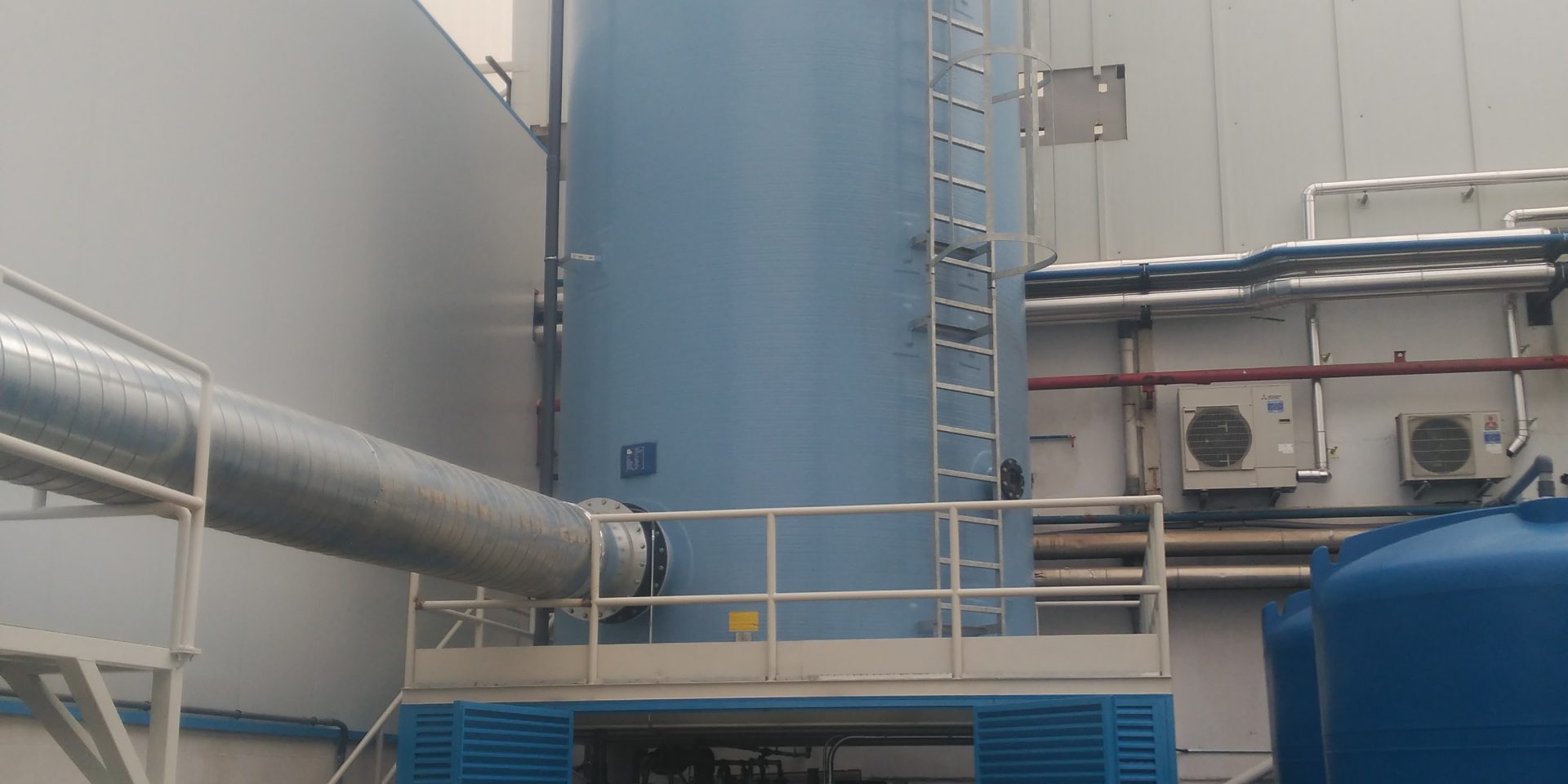Industrial emissions have been under the microscope for the last few years. There’s a green switch happening and companies EU wide need to think about their environmental policies. Many companies, also in the flexographic industry, struggle between keeping government and consumer happy with their emissions on one hand and making profit with their companies on the other hand.
Directive 2010/75/EU
The Directive 2010/75/EU of November 24, 2010 on industrial emissions is in force right now for -among others- the flexographic industry. This directive is mandatory to be implemented in every member state of the EU. The EU wants to unify the legislation in all countries to ensure that competitiveness of the sectors remains a level playing field in the EU. The EU law isn’t an easy read, but with this blog we make it a little easier for your business to understand and implement the legislation.
Solvent emission legislation in Europe
If a factory in the EU emits more than 15 ton of solvents per year, the company needs to meet the emission restrictions in the directive. For the flexographic industry it is set that between 15 and 25 ton the fugitive emissions are allowed to be 25% of the total solvent input. Above 25 ton the fugitive emission is allowed to be 20%. Companies either have to comply with the emission limits (which is 100 mgC/Nm3 in the air emission of the factory) or comply with the rules of the reduction scheme as laid out in the directive. It is important to investigate which regime is best for your company.
Consequences
Punishments for not obeying are also similar in every country. Closing down a production location isn’t an exception and high fines are common consequences. Luckily your company doesn’t have to let it get that far. Green emission treatment can be an affordable and lasting solution that complies fully with the law.
Green solutions by Pure Infinity
There are a lot of options out there. Pure Infinity has two solutions for your company in the flexographic industry:
- VOCUS: lower solvent emissions (25/100 ton a year) due to a biological process with very low running costs and green and proven technology.
- BONCUS: solvent recovery by converting into green energy (therefore great ROI), making money by not destroying valuable raw materials.
Want to know more? Download the PDF below for detailed information about the legislation and the options for your company.


